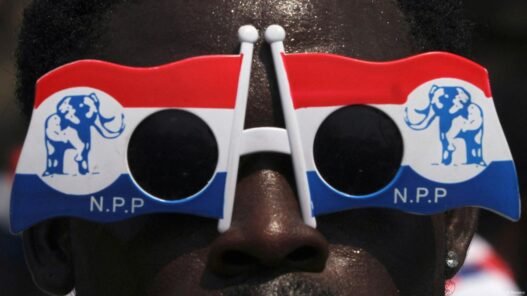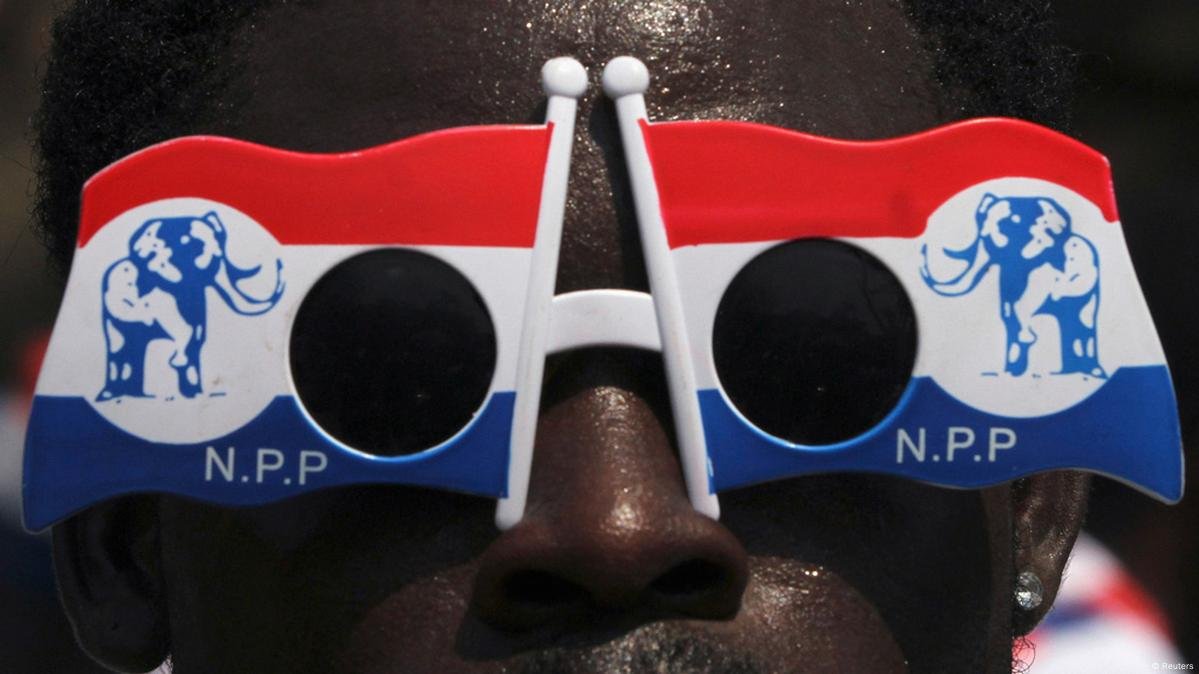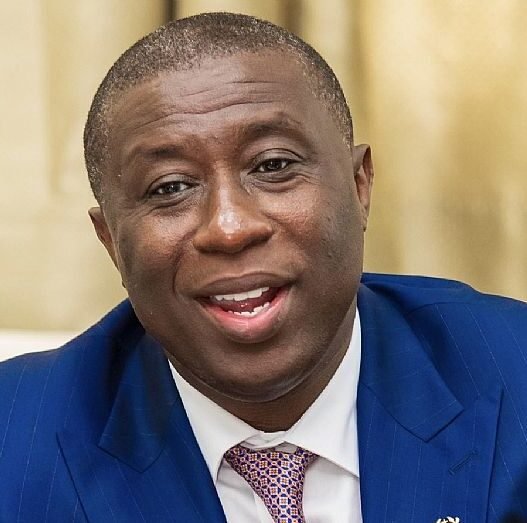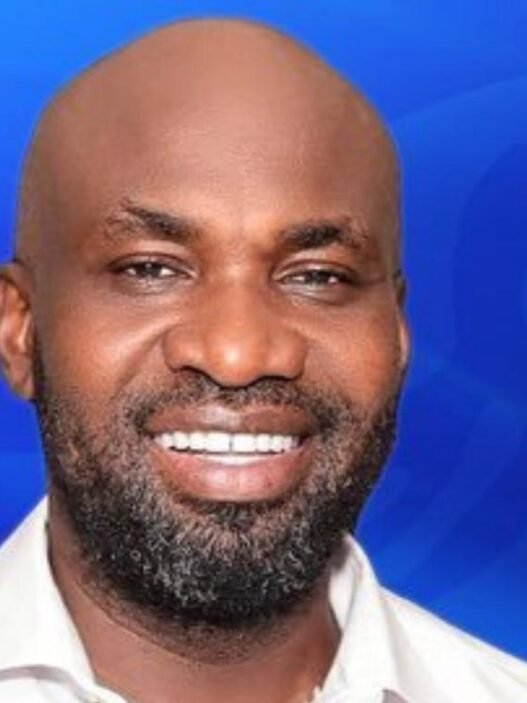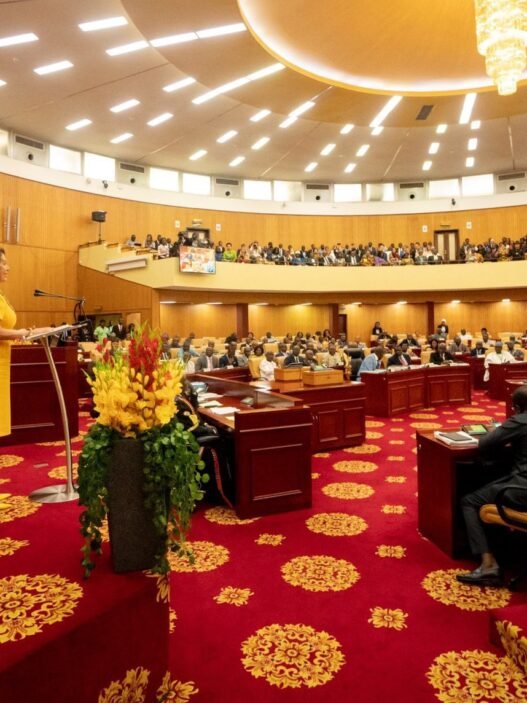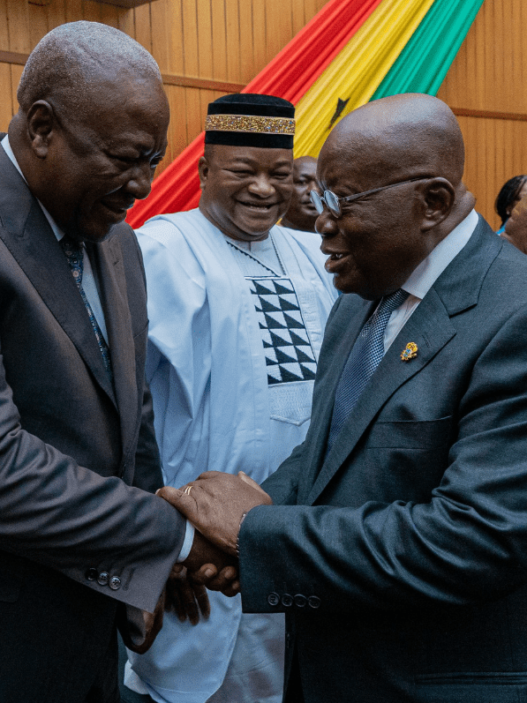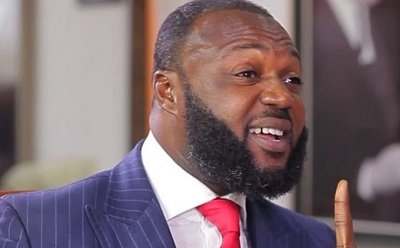The 2024 General Election in Ghana delivered a decisive blow to the New Patriotic Party (NPP), a political force once symbolized by strength, resilience, and power. However, the NPP’s dismal performance at the polls was emblematic of deep-seated issues within its governance, leadership, and electoral strategy. The metaphor of the elephant in the “Gwo Gwo Ngwo” tale aptly captures the ruling party’s downfall—misled by internal manipulation, blind ambition, and an inability to adapt to the changing tides of public sentiment.
The Tale of “Gwo Gwo Ngwo” and Its Parallels in Ghana’s Politics
In the Igbo folktale, the elephant—a creature representing power and grandeur—is manipulated by the cunning tortoise, ultimately leading to its downfall. Similarly, the NPP’s trajectory under the leadership of Nana Akufo-Addo and Dr. Mahamudu Bawumia mirrors the elephant’s blind trust and misplaced confidence. Internal factions, symbolized by the tortoise, prioritized personal gain over the collective good, steering the party into electoral oblivion.
The dance that emerged from the tale, popularized as “Gwo Gwo Ngwo,” captivated social media, becoming a satirical reflection of the NPP’s failure to recognize and rectify its shortcomings. As the party’s leadership danced to its own tune of self-assurance, the electorate—once loyal supporters—watched with growing disillusionment, culminating in the party’s defeat.
2024 Election Results: A Moment of Reckoning
The election results underscored the NPP’s waning influence, as the National Democratic Congress (NDC), led by John Dramani Mahama, secured a decisive victory.
Presidential Election Results
- John Dramani Mahama (NDC): 6,328,397 votes (56.55%)
- Dr. Mahamudu Bawumia (NPP): 4,657,304 votes (41.61%)
- Nana Kwame Bediako (Independent): 84,478 votes (0.75%)
- Alan Kyerematen (Independent): 31,202 votes (0.28%)
Voter turnout stood at 60.9%, reflecting significant voter apathy. Approximately 7.3 million registered voters abstained, signaling widespread dissatisfaction with the NPP and skepticism about the political status quo.
Parliamentary Outcomes
The NDC capitalized on public discontent, achieving a comfortable majority in Parliament. Key victories, such as John Dumelo’s triumph in Ayawaso West Wuogon, signaled the party’s resurgence in urban areas traditionally dominated by the NPP.
Factors Behind the NPP’s Decline
1. Economic Mismanagement and Broken Promises
The NPP’s economic stewardship became its Achilles’ heel.
- Inflation and Debt: Inflation surged to over 40% during Nana Akufo-Addo’s second term, while public debt ballooned to 105% of GDP by 2024, forcing Ghana into another IMF bailout despite earlier assurances to the contrary.
- Youth Unemployment: Youth unemployment rose to 19.7%, with many educated Ghanaians facing a bleak job market.
- E-Levy Controversy: The introduction of the Electronic Transaction Levy (E-Levy) in 2022 faced public backlash, undermining trust in the government’s economic policies.
2. Electoral Violence and Controversies
The NPP’s tenure was marred by incidents of electoral violence and administrative lapses:
- The 2020 Techiman South violence, where eight citizens were killed, resurfaced in public memory, casting a shadow over the party’s commitment to democratic principles.
- In 2024, disputes in constituencies like Tema Central and Techiman South led to legal challenges and delayed results, further eroding public trust in the Electoral Commission (EC) under Jean Mensa.
3. Internal Sabotage and Factionalism
The so-called “Akyem Mafia,” led by influential figures like Gabby Asare Otchere-Darko, created divisions within the NPP.
- Allegations of favoritism and self-serving policies alienated party loyalists.
- The controversial Agyapadie book, which sought to glorify Nana Akufo-Addo’s achievements, was widely criticized for tone-deafness amid economic hardships.
4. Public Perception of Corruption
The NPP’s anti-corruption stance was undermined by high-profile scandals:
- The “Cathedral Project,” accused of financial irregularities, became a symbol of misplaced priorities.
- The PDS electricity concession deal, marred by allegations of fraud, further tarnished the government’s image.
5. Judiciary and Electoral Commission (EC) Concerns
Public confidence in the judiciary and EC waned during the NPP’s tenure:
- The Supreme Court’s perceived bias in electoral disputes fueled accusations of institutional manipulation.
- Jean Mensa’s leadership of the EC faced criticism for a lack of transparency, particularly during the 2020 and 2024 elections.
Implications for Ghana’s Democracy
The NPP’s decline has significant implications for Ghana’s political landscape:
1. The Resilience of the NDC
The NDC’s victory reflects its ability to capitalize on public dissatisfaction. However, Mahama’s administration faces the challenge of delivering on its promises while avoiding the pitfalls that led to the NPP’s downfall.
2. Voter Apathy and the Need for Reform
The low voter turnout highlights a growing disenchantment with Ghana’s political system. Both major parties must address internal weaknesses and rebuild public trust to ensure greater participation in future elections.
3. The Role of Third Forces
Despite Nana Kwame Bediako’s impressive campaign, his 0.75% vote share underscores the challenges faced by third-party candidates. Building a viable alternative to the NPP-NDC duopoly will require sustained grassroots engagement and policy clarity.
Lessons from the Elephant’s Folly
The “Gwo Gwo Ngwo” metaphor offers critical lessons for leaders:
- Guard Against Manipulation: Leadership must remain vigilant against internal factions prioritizing personal gain over collective success.
- Stay Grounded in Reality: Blind ambition, disconnected from the public’s needs, leads to ruin.
- Accountability is Key: Transparency and responsiveness to public concerns are essential for lasting political success.
A Wake-Up Call for the NPP
The NPP’s 2024 defeat serves as a stark reminder of the consequences of broken promises, internal strife, and disconnection from grassroots concerns. For Ghana’s democracy to thrive, all political actors must prioritize integrity, inclusivity, and genuine service to the people.
The elephant’s folly is a tale of caution—but also of hope. With introspection and reform, even the mightiest can rise again. Until then, the ruling party must come to terms with the fact that it was not external forces, but its own missteps, that led to its fall.









